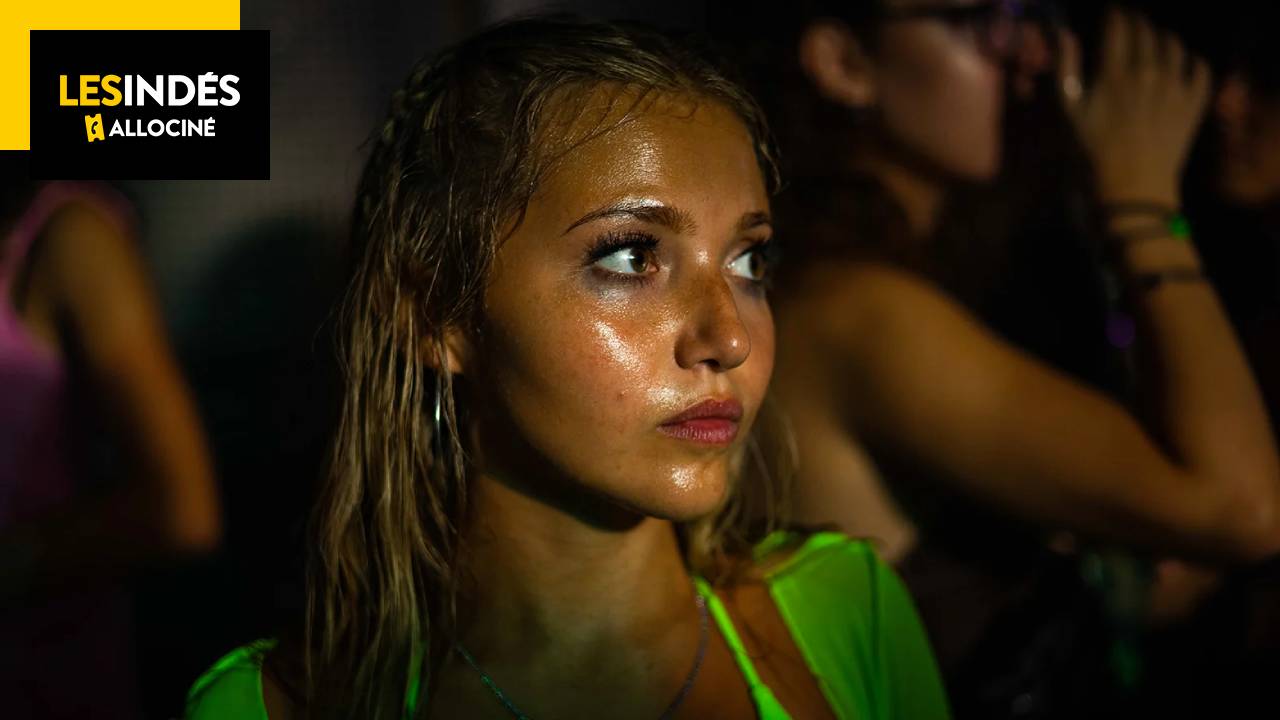Why is the way of filming disturbing scenes different and important in How To Have Sex? We’ll explain it to you.
How to put images on the vast subject of consent? This question is at the heart of several films currently on view, starting with (the aptly named) Consent, which defied predictions in terms of attendance, and for which we explain the reason.
A little over a month after the release of this French film, adapted from Vanessa Springora’s shocking story, here is another feature film from across the Channel this time, and which in its own way takes a strong look, and rare, on this very “post #MeToo” issue in cinema.
This film is How To Have Sex, which caused a lot of talk from its very first screening in Cannes.
Its title inevitably attracts attention: How To Have Sex! How to make Love ! But behind these words hides a program other than the one we might imagine. Far, far from the flashy film relying on an overkill of sex scenes, there is none of that here. While there are certainly a lot of party scenes, and a fair illustration of young people wanting to have fun, the film is above all a reflection on the social pressure that exists on the famous “first time”.
Molly Manning Walker, writer and director of this first feature film, explained her approach to the film’s disturbing scenes.
Warning, spoilers appear in the rest of the text.
At the heart of the film, there is a sexual assault, which will turn the life of the heroine, Tara (Mia McKenna Bruce), upside down. The filmmaker decides not to show things head-on, and above all not to “glamorize” the situation. To be more precise, she adopts a feminine point of view, that of her heroine, otherwise called the “female gaze”.
Also read: How are women represented in cinema? This documentary available free on Arte deciphers this subject
“For me, it was very important to show it from this point of view. There are so many women who have been assaulted that we don’t need to overdramatize what’s happening and show [l’agression] in a demonstrative, explicit way. This scene also had to be quick, and everything happened through his eyes. Show how she experienced things. Because I think that in a lot of films, it can be glamorized or intensified on screen. (…) I’ve had comments from men asking me why the assault scenes aren’t longer and more aggressive“, continues the director at our microphone.
In the press kit, the filmmaker gives more details, about the difference in public perception, the subject of the film, and particularly the treatment of these scenes: “After the few screenings that have taken place so far, I realize that the young girls are very moved and thank me for having dealt with this complex and important subject in their eyes. It still remains complicated for the boys, they often don’t stay when there is an exchange with the public following the film. I hope that will change.”
She continues: “Even the reactions of many male journalists in Cannes surprised me: they mentioned alcohol to excuse the attacks or the fact that Tara did not say no, the responsibility in their eyes seemed shared… We did not represent the attacks of ‘a violent or excessive, but realistic way. I hope, with this film, to open a space where we could talk, freely, about a more fulfilling sexuality and to spark a debate, particularly with young people, on the means to achieve this..”
At our microphone, the actress Mia McKennaBruce clarifies about the notion of “gray area“, another way of talking about consent.”This gray area should not exist. It shouldn’t be complicated. And saying the word “yes” does not mean consent. It’s very obvious when someone is uncomfortable in certain situations, and especially what we see in this film.“
Concerning the filming of the intimate scenes between young people, the team set up choreographies, and called on an intimacy coordinator (a subject which will be the subject of a documentary, Sex is comedy, available from November 24, on France TV Slash). “We did a lot of rehearsals. This meant we had the space to share whatever was right for us at any given time. Everything was choreographed. So we knew exactly what we were doing at all times. The coordinator knew what we didn’t want, or what we wanted, what was uncomfortable or comfortable for us, and that it aligned with what Molly needed for the film.”
How To Have Sex by Molly Manning Walker was released in France this Wednesday, November 15, 2023.
Comments collected and translated by Brigitte Baronnet, at the 2023 Cannes Film Festival
